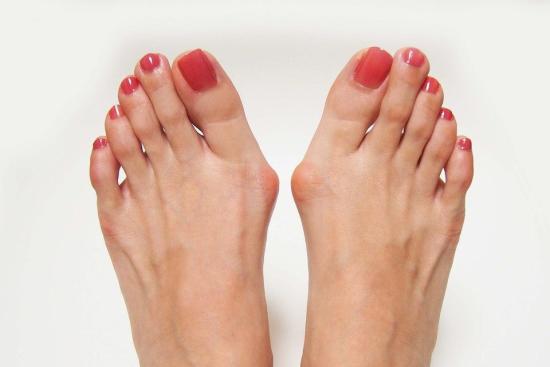Hallux valgus, better known as a bunion, is a progressive deviation of the big toe toward the other toes. This deformity is usually accompanied by a visible bony bump on the side of the foot, which becomes painful, especially in narrow or stiff shoes.
This condition mainly affects women and is often hereditary in nature. Without treatment, it tends to worsen over time, affecting walking and daily quality of life. Fortunately, several advanced therapeutic solutions are available at our partner clinics in Turkey to correct this deformity and effectively relieve the associated pain.
Price of hallux valgus surgery in Turkey
With Turquie Santé, benefit from comprehensive medical support for your hallux valgus surgery at the best clinics and hospitals in Turkey. We offer you the opportunity to treat your big toe deformity with renowned orthopedic surgeons, while enjoying quality care at very affordable prices.
Typically, the cost of a hallux valgus surgery in Turkey ranges between €1000 and €3000, depending on the technique chosen and the severity of the deformity.
Turquie Santé manages every step of your care journey. We take care of all the details, from transportation to medical consultations, so you can focus solely on your recovery. Our clinical partners are equipped with the latest technologies and led by experienced surgeons, ensuring optimal results in a safe environment.
Contact us now to get your free quote and discover the treatment options available for your hallux valgus surgery in Turkey.








